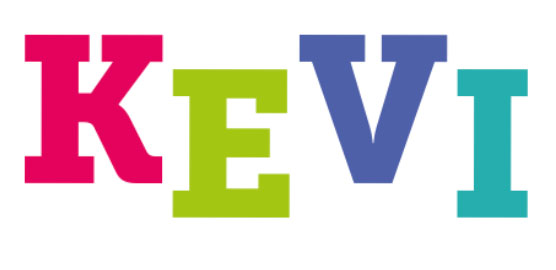So you are ready (or you’ve been told) to begin writing your personal statement but where do you even start? Here are some top tips to get you heading in the right direction with it:
- It is best to draft your personal statement in either Unifrog or a Google doc. Not only does this makes it much easier to share with your tutor/mentor, it does not time you out like the actual UCAS form does. Unifrog also, very kindly, suggests what to include in each section.
- Remember you can enter up to 4000 characters (including spaces) or 47 lines of text (including blank lines between paragraphs), whichever comes first. This means for many of you fantastic individuals, you will need to be selective e.g. you can potentially miss out the fact that you once babysit your cousin’s kids when you were 14. You can also save a surprising amount of space by getting rid of ‘nothing-words’ like ‘particularly’ and ‘really’ and ‘very’ and ‘relatively’, and your Statement will have more impact too. It is essential to keep the language simple and direct.
- Check out what the university website says about the courses you are applying for, and look at the course entry profiles you’ll find on the UCAS website. What you say on the form about your reasons for choosing the course and about your interests, skills and experience, must match up to the criteria admissions tutors use to assess your application.
- A personal statement is just that, ‘personal’. This means that not everyone’s will, or should, look the same or even follow the same format. Generally though, as a rule of thumb, the statement will begin with you explaining why you have chosen that particular course. This tends to be the most difficult section to explain. Even if it follows directly from one of your A Levels/Level 3s, you should explain why you want to spend three more years studying that subject. Read the university course descriptions carefully, and if it’s a subject you haven’t studied before you definitely need to show you know what’s involved.
- Choose your layout wisely. Once you’ve explained why you want to do the course, you need to think about what is the next most relevant point you should be making. For some people this may be beginning to discuss specific skills gained from your A Levels/Level 3s; for others you may have gained invaluable work experience that has strong links to the course so it might make more sense that you discuss this before your subjects come into it e.g. you are applying for Nursing and have undertook a lengthy NHS Volunteering Programme.
For further advice and guidance on writing a personal statement, please visit the UCAS website: https://www.ucas.com/undergraduate/applying-university/how-write-ucas-undergraduate-personal-statement

